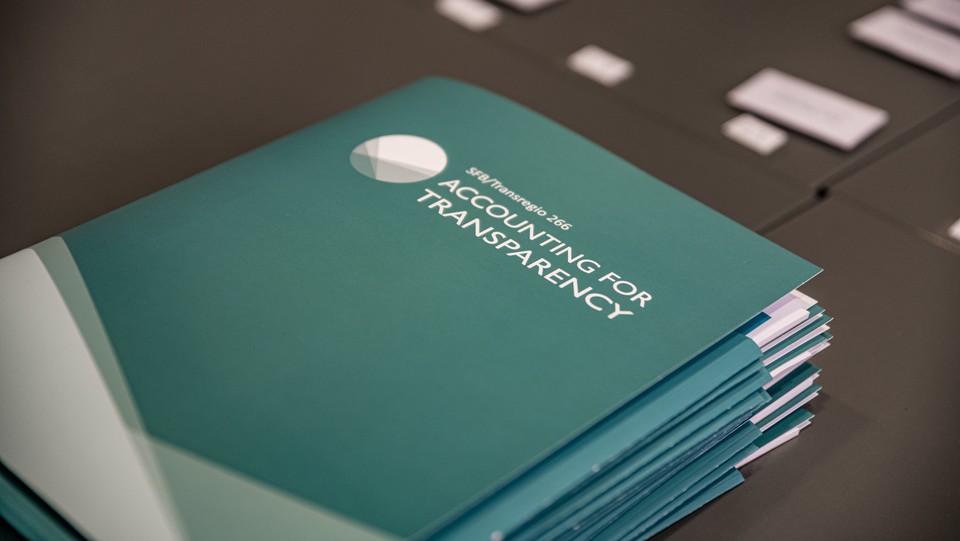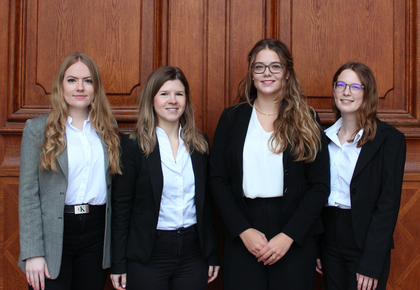The companies’ economic situation greatly improved since last spring and especially in comparison to the low point in February of this year, as the latest surveys of the German Business Panel of the University of Mannheim demonstrate. The analyses show that the profits rose by 1.7 percent compared to the previous month – and for the first time since the beginning of the pandemic. “The numbers highlight how well the companies are able to compensate for the unusually high energy costs and the ongoing supply shortages,” says Prof. Jannis Bischof, holder of the Chair of Business Administration and Accounting of the University of Mannheim and project manager of the GBP.
To some extent, the quick recovery can be explained by an increase of the companies’ prices. In October, the share of companies that increased the prices for their customers and suppliers was 35.1 percentage points higher than the share of companies that reduced their prices. In September, this number was only 21.9 percentage points higher. Apart from this, targeted cost reductions – especially in the area of research and development – helped the companies to get through the crisis and to generate rising profits again. “The companies try to avoid price increases by making use of different measures. However, sometimes price increases cannot be avoided, especially in the retail sector where these affect the customers directly,” explains Dr. Davud Rostam-Afschar, academic head of the GBP.
In the latest survey, the participating companies were also asked about their economic demands for the new government, such as which topics they regard as particularly urgent and what expectations they have. In this context, two topics were emphasized: digitalization on the one hand (highest priority for 26 percent of all respondents) and the labor and skills shortage on the other hand (highest priority for 27.4 percent of all respondents). During the pandemic, the topic of labor and skills shortage has not been in the focus anymore, but Bischof explains: “The answers of the company leaders show that they expect a well-thought-out strategy from the new government on how qualified workers can be trained and recruited. Sustainable answers for these challenges, but also for digitalization and climate protection are more important to the companies than short-term tax cuts.”
The GBP monitoring report for November 2021 is available here: https://www.accounting-for-transparency.de/wp-content/uploads/2021/11/gbp_monitor_2021_11_web.pdf
Further information on the GBP monitoring report
The German Business Panel interviews more than 800 companies per month on the economic situation in Germany and collects data on 1) any expected changes in revenue, profit, and investments, 2) economic decisions, 3) the expected default probability in the sector and 4) the satisfaction with the economic policy. Furthermore, the GBP reports about one current question per month.
Background information on the German Business Panel
The German Business Panel is the long-term survey panel of the trans-regional project “Accounting for Transparency“ (www.accounting-for-transparency.de).
The Collaborative Research Centre (CRC) “TRR 266 Accounting for Transparency“ started in July 2019 and is funded by the German Research Foundation (DFG) for four years. It is the first CRC with a focus on business administration. Approx. 80 researchers are involved in the CRC from the following eight universities: Paderborn University (host university), Humboldt-Universität zu Berlin, University of Mannheim, Ludwig-Maximilians-Universität München, ESMT Berlin, Frankfurt School of Finance & Management, Goethe University Frankfurt am Main, WHU – Otto Beisheim School of Management and the Carl von Ossietzky University of Oldenburg. The researchers examine how accounting and taxation affect the transparency of companies and how regulation and firm transparency impact our economy and society. The CRC is funded with approx. 12 million euros.




